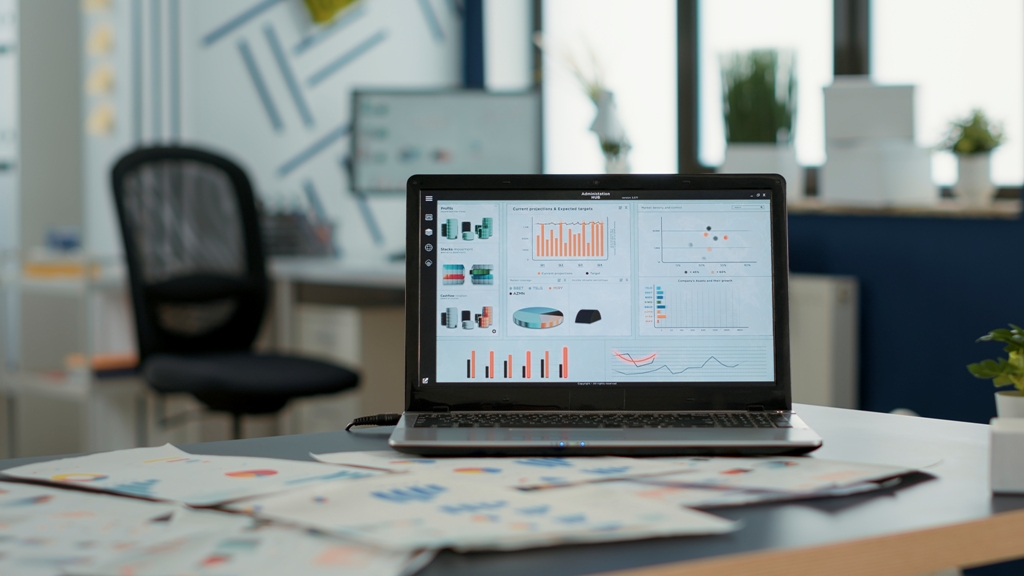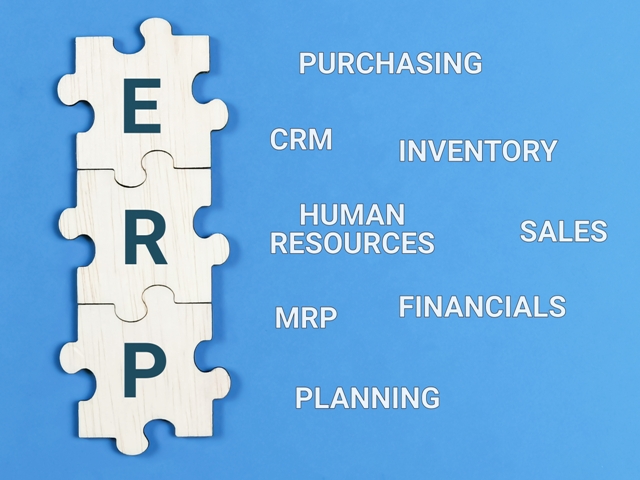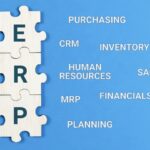Enterprise resource planning (ERP) software is a critical component of any business’s digital infrastructure. It is designed to streamline internal processes and provide valuable insights into the performance of the organization. As technology advances and business needs change, it may become necessary to upgrade to a newer version of the software. In this article, we will explore the factors to consider when determining the best time to upgrade the ERP software for your business.
What is ERP Software?
ERP software is a type of computer software that is used to automate and integrate the processes of a business. It is designed to help streamline operations, increase efficiency and provide real-time insights into the performance of the organization. ERP software is commonly used in large enterprises and can be used to manage a variety of processes such as financials, inventory, supply chain, customer relationship management, human resources and more.
Benefits of Upgrading ERP Software
Upgrading to a newer version of ERP software can provide a range of benefits for businesses. It can help improve efficiency, reduce costs and improve customer service. Upgrading ERP software can also allow for improved scalability, increased data security and more comprehensive reporting capabilities. Additionally, newer versions of ERP software often include new features and capabilities that may not be available in older versions.
When To Upgrade ERP Software
Determining when to upgrade ERP software can be a difficult decision. However, there are a few key factors to consider when making this decision. First, consider the age of the current version of the software and whether it is still supported by the vendor. Additionally, take into account the current needs of the business, as well as any expected changes in the near future. Finally, consider any new features or capabilities that may be available in newer versions of the software.
Costs of Upgrading ERP Software
The cost of upgrading ERP software can vary depending on the size of the organization and the complexity of the current system. Generally speaking, the cost of upgrading ERP software includes the cost of the new software, any necessary hardware or infrastructure upgrades, and the cost of any professional services required for the installation and integration of the system. Additionally, businesses may incur ongoing costs associated with ongoing support and maintenance of the system.
Upgrading ERP software can be a critical step in helping businesses achieve their digital transformation goals. It can provide a range of benefits, including improved efficiency, cost savings and improved customer service. However, it is important to consider a range of factors when determining when to upgrade the software, as well as the associated costs. By weighing these factors, businesses can ensure that they make the best possible decision for their organization.
If you are planning to upgrade your ERP software to Oracle NetSuite, our NetSuite implementation partners can help. Contact us today.








